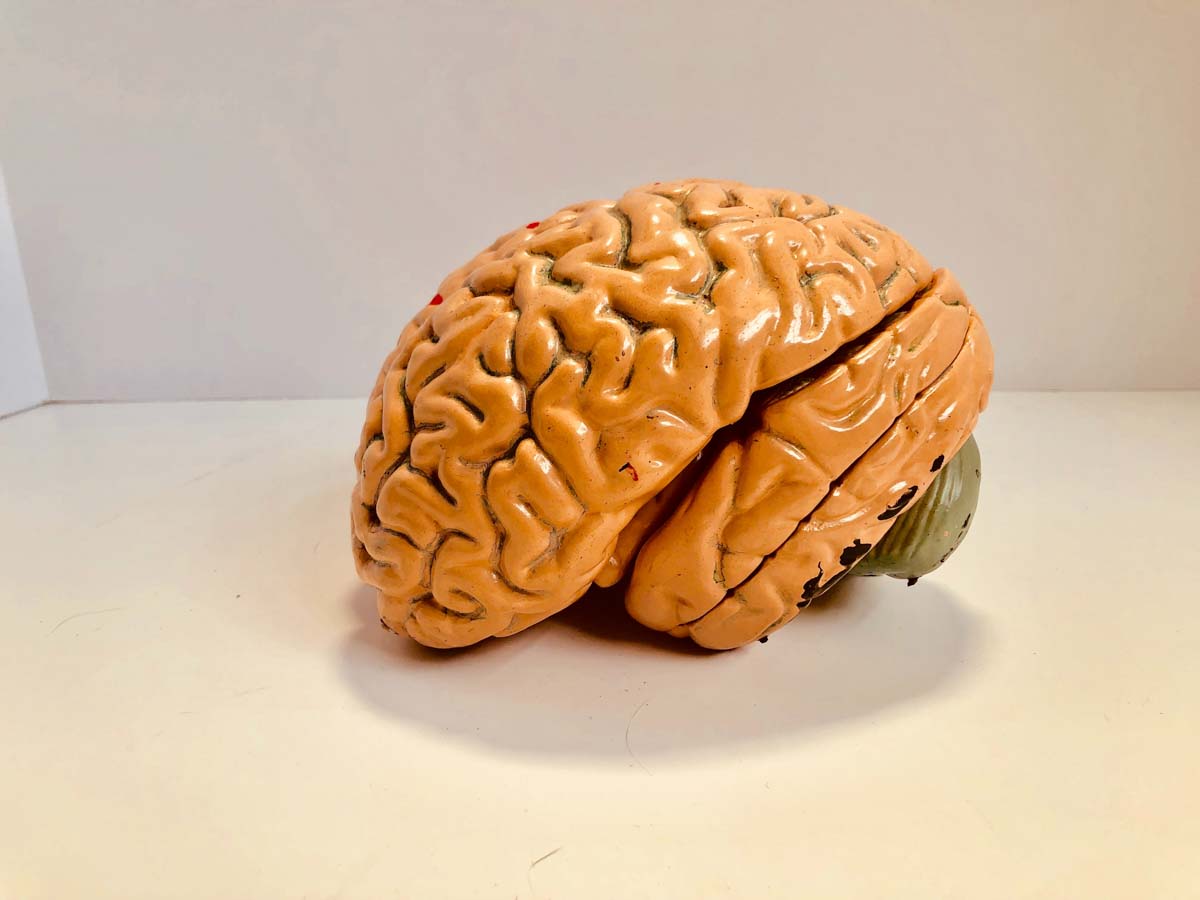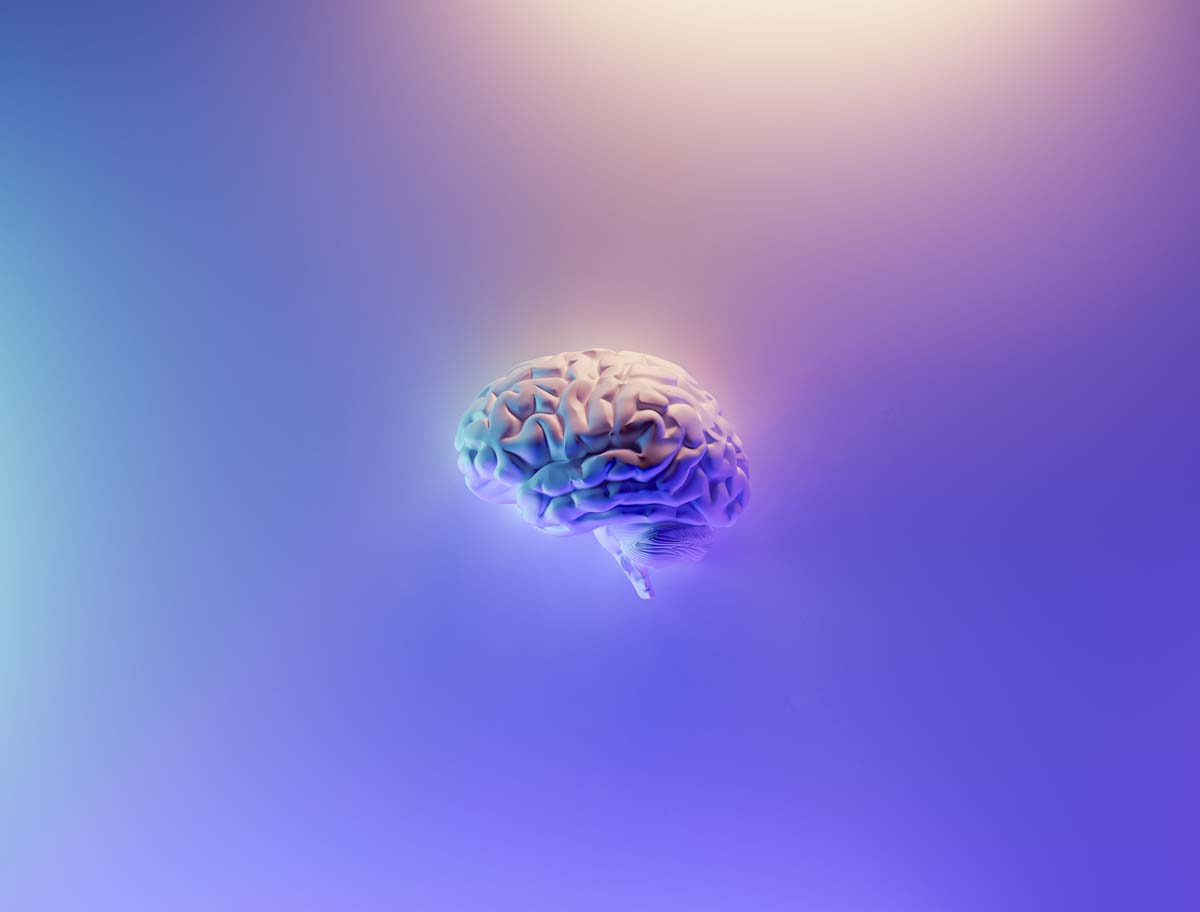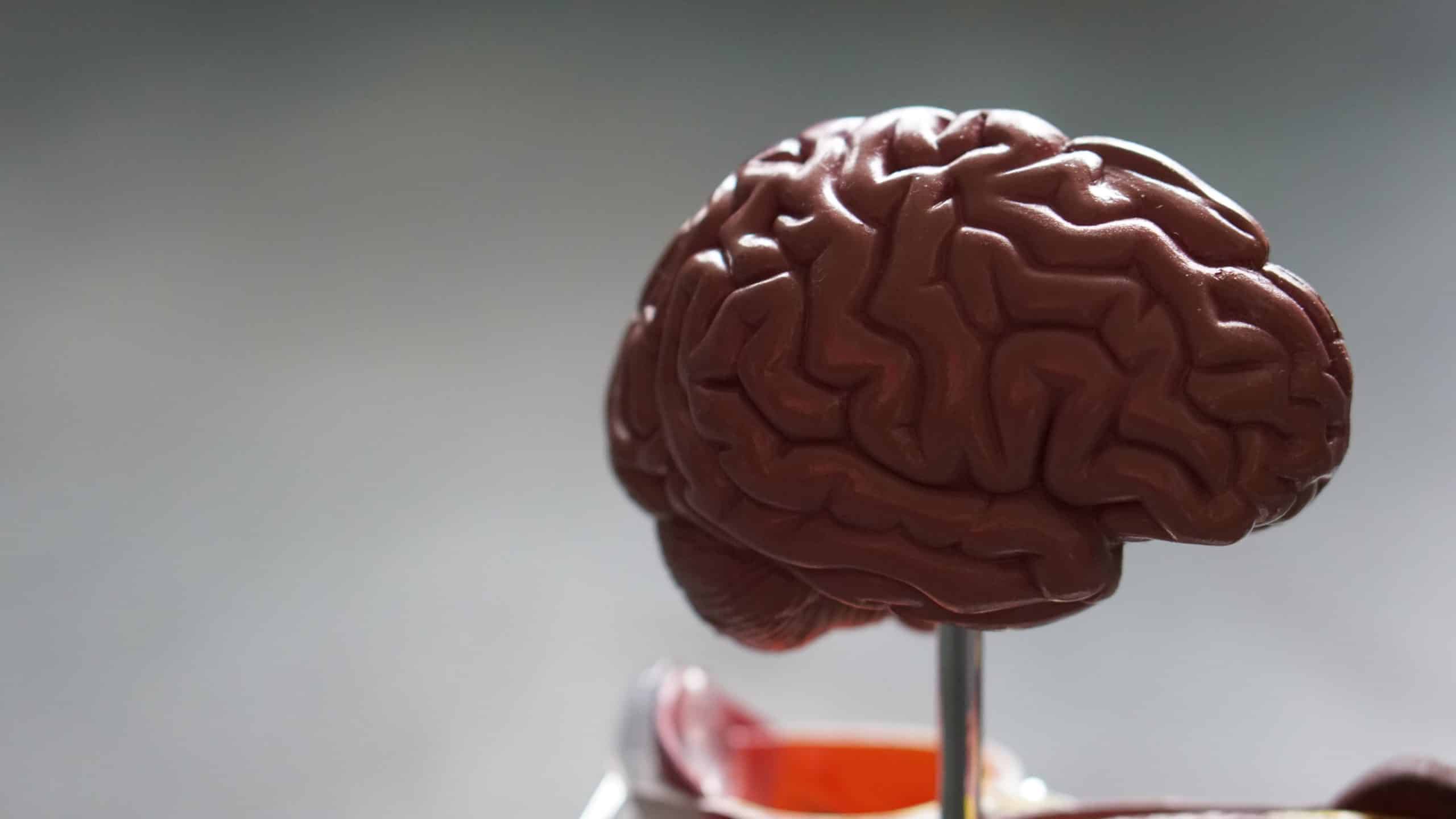From cigarettes to alcohol, from opioids to marijuana, addictive behavior is present in many forms in our society. As with any medical condition or disease process, gaining knowledge can help provide those suffering from addiction the hope for better treatment options and a road to recovery.
By exploring the science behind substance abuse and its impact on the brain, we can begin to understand why some individuals are more likely to become dependent on drugs or alcohol than others.
We will take a look at how addiction works—from how neurotransmitters like dopamine directly influence behavior-related addictions—and explain how researchers have worked towards providing new methods of interventions designed specifically for individualized cases.
What is Addiction and How Does it Affect the Brain
Addiction is a complex condition characterized by uncontrollable cravings, compulsive drug-seeking behavior, and the inability to stop using despite the negative consequences. It is often associated with substance use, but addiction can also manifest in other forms such as gambling, gaming, and even social media use.
The brain plays a crucial role in addiction, as it undergoes significant changes in response to repeated drug use. Chronic drug use alters the brain’s circuits involved in reward, motivation, memory, and impulse control. These changes can lead to persistent drug-seeking behavior and an increased risk of relapse, even after a prolonged period of abstinence.
Biological Factors that Contribute to Substance Abuse

Substance abuse is a complex issue that can have a variety of underlying biological factors. These factors can include genetics, brain chemistry, and even family history.
For example, studies have shown that those with a family history of addiction may be more likely to develop substance abuse issues themselves. Additionally, certain neurotransmitters in the brain, such as dopamine, can play a role in addiction by creating a pleasurable sensation that the body craves again and again.
It’s important to understand these biological factors when addressing substance abuse, as they can help determine the best course of treatment for individuals struggling with addiction.
Neurochemical Changes in the Brain Caused by Drug Use
The human brain is a complex and intricate organ that is responsible for countless functions in our bodies. However, when drugs are introduced into the equation, the effects on the brain can be both immediate and long-lasting.
Neurochemical changes occur in the brain when drugs are used, with some substances causing an increase in certain neurotransmitters like dopamine, while others can deplete them altogether. These changes can have a significant impact on a person’s behavior and mental state, leading to addiction, mood disorders, and other health complications.
The Role of Stress, Emotion, and Environment in Addiction

High levels of stress are known to trigger drug and alcohol abuse, and prolonged exposure to stress can even lead to addiction. Emotions also play a significant role in addiction, as individuals often turn to substances to cope with negative feelings such as anxiety, depression, or trauma.
Additionally, the environment in which a person lives can affect their likelihood of becoming addicted. Factors such as peer pressure, availability of drugs or alcohol, and social norms can all influence a person’s decision to use substances.
The Impact of Genetics on Substance Abuse
Various studies have shown that genetics has up to 50% impact on an individual’s likelihood to abuse substances. Specific genes can influence how a person’s body reacts to certain substances, making them more prone to addiction.
Moreover, certain genetic factors, such as impulsivity and sensation-seeking behavior, make people more susceptible to substance abuse and addiction. This means that some individuals may be more vulnerable to addiction than others due to inherited genes.
Understanding the role of genetics in substance abuse can help individuals get the necessary treatment and support to address their addiction and lead healthier lives.
Treatment Strategies for Addiction Recovery
A combination of different strategies and therapies can be used to help someone recover from addiction. Cognitive behavioral therapy, group and individual counseling sessions, medication-assisted treatment, and support groups are just a few examples of treatment strategies that can be used.
It’s important to remember that addiction is a chronic disease and recovery is a lifelong process. With the right treatment plan and support, addiction can be overcome and a fulfilling life in recovery can be achieved.
Contact Evolve Indy Today
Given how much research has documented the physical changes happening in the brain with substance abuse, it’s critical to maintain awareness of new developments in neuroscience and addiction medicine. Contact Evolve Indy today to learn more about how we are utilizing this wealth of information to treat individuals struggling with addiction.
No one should have to suffer through this condition without hope for healing; contact us today for more information on how we’re using neuroscience in our treatment process. Through understanding how substances interact with the brain, we can work towards creating a more resilient drug-free world for everyone involved.

